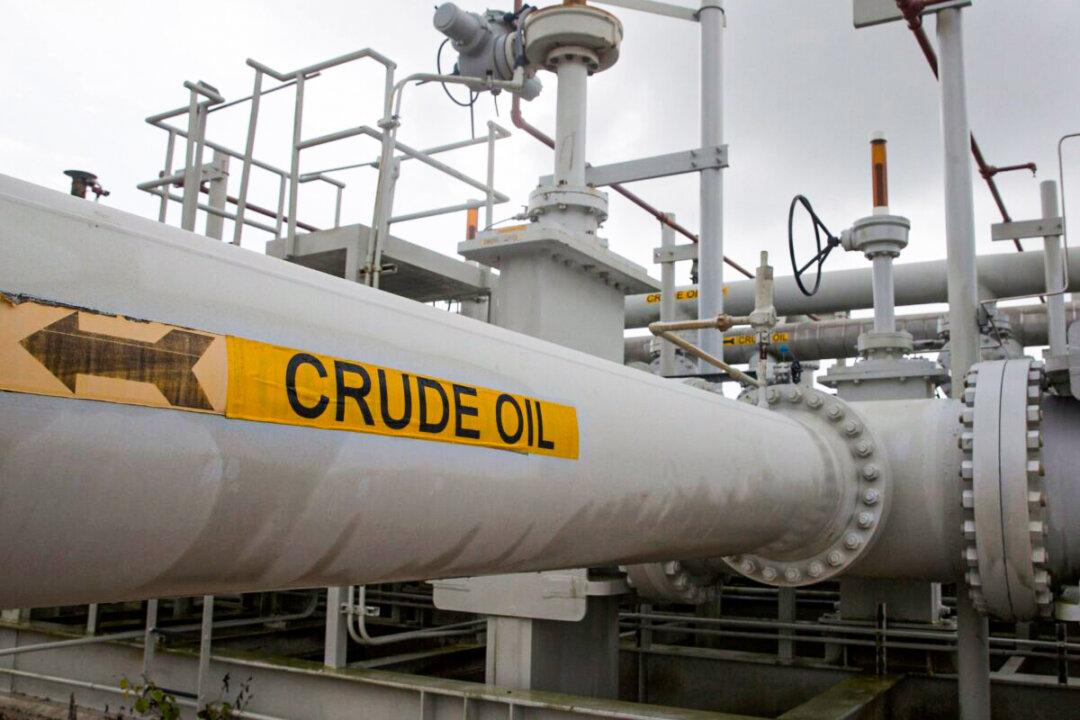A White House official said on March 1 that U.S. oil and gas companies can and should boost domestic production, while dismissing the idea that the Biden administration’s energy policies were preventing companies from doing so.
Bharat Ramamurti, who serves as deputy director of the National Economic Council, told Bloomberg that crude oil prices are high, and “if folks want to produce more, they can and they should.”





